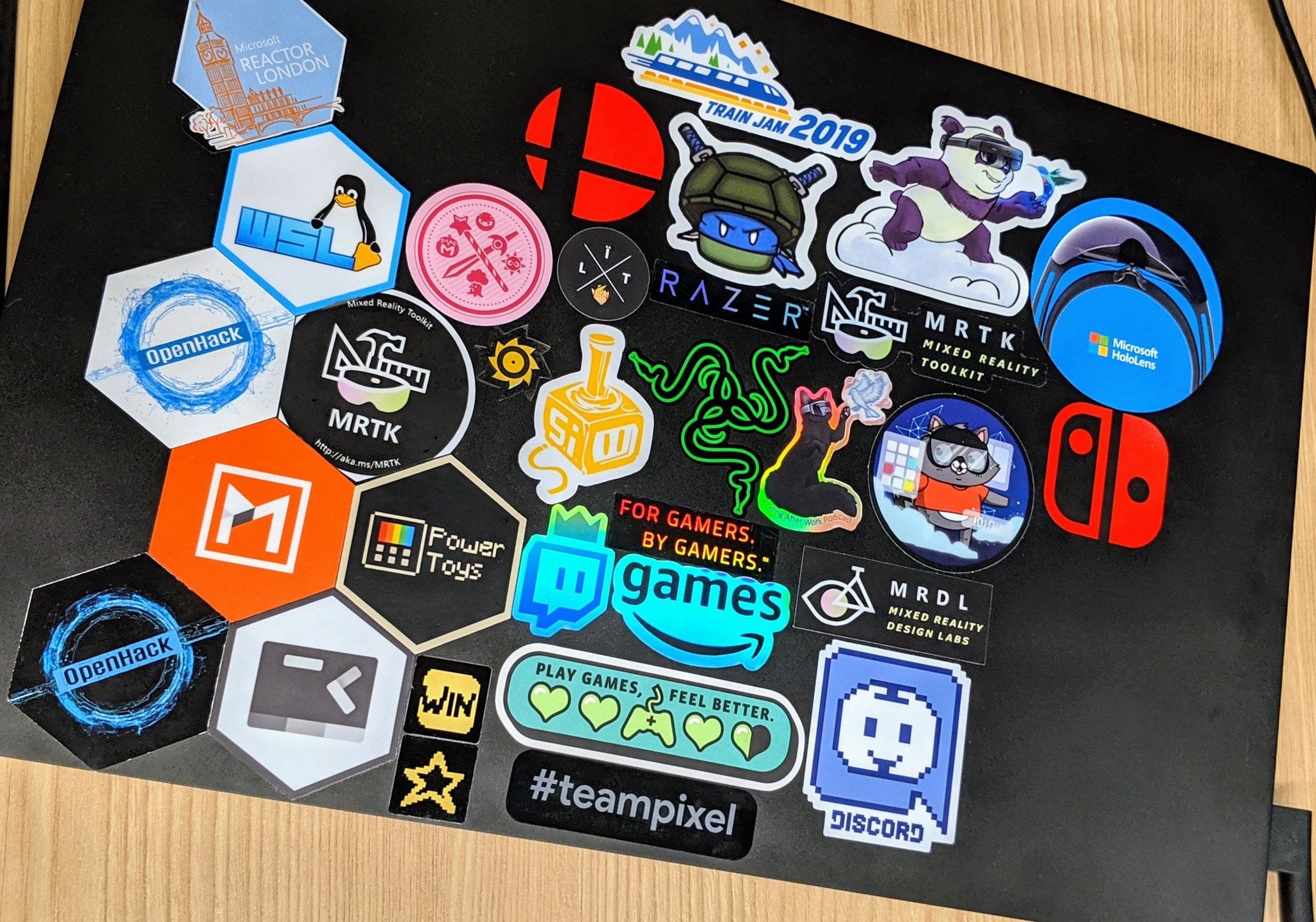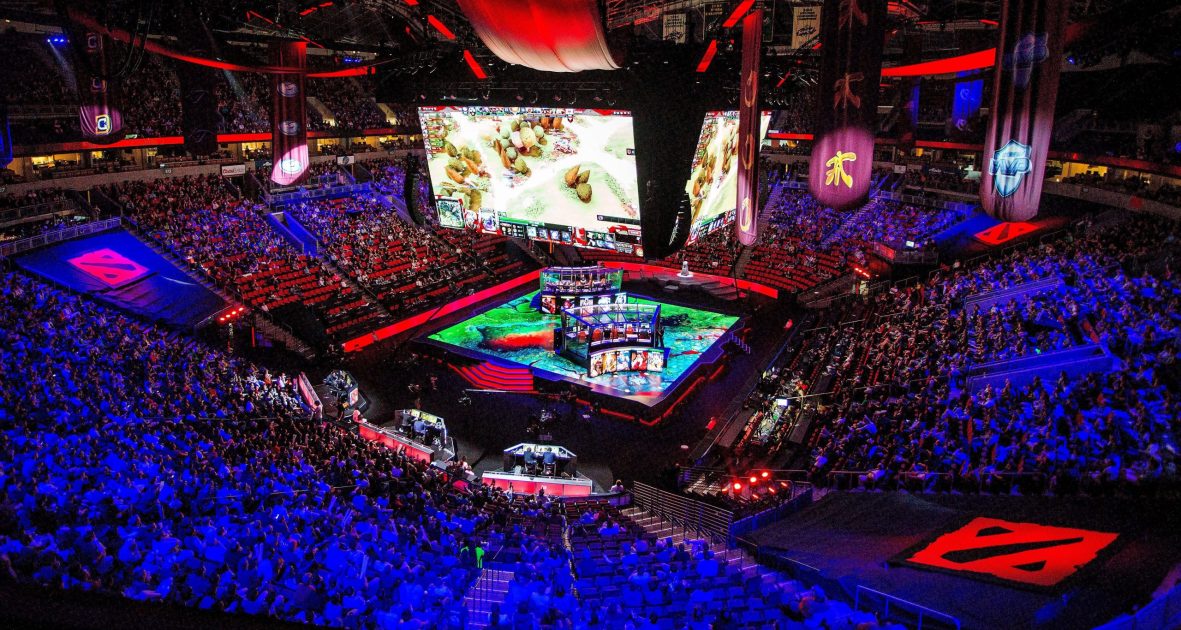eSports As A Business
eSports might be the “new kid on the block” when it comes to international sporting events, but just like its well-established stable mates such as football, rugby, horse racing and tennis, it has quickly evolved into a business all of its own. In fact, what was originally seen as a geeky hobby has grown exponentially into a spectator sport that has seen some of the world’s most recognisable brands and business personalities invest millions of Dollars and have made a global business out of online gaming.
It’s Game Time!
eSports has brought gaming out of the basement and into the realm of competitive sports as a new breed of gaming personality pits his or her skills against video game professionals in either a one-on-one or team competition environment. So much so in fact that it has become an extremely popular sports betting channel with some of the best casino bonuses currently available in Australia targeted directly at gaming fans. This in itself has seen some major investments being made but global sports betting companies in the eSport Arena over the past 5 years.
The competitive gaming environment itself is similar in many ways to other well-known professional sporting events, except that the competition itself takes place in a completely virtual environment. In simplified terms it is like watching someone play video games, except now it is on a global stage and not on the couch at home. That said, there are still familiar game titles that many casual gamers would know and have played that make up the core tournament games roster. These include but are by no means limited to:
- Counter-Strike
- DotA
- Call of Duty
- League of Legends
- StarCraft
All of which have been developed to offer competition and tournament gameplay. These games themselves have even seen fan bases formed which rival those seen in FIFA and NBA franchises. So much so that both of those major sporting bodies are themselves represented in the eSports industry and also form part of the global tournament gameplay.
eSports Are Team Sports
Gone are the days of a gamer having to sit alone at home or play against a limited group of friends via a LAN network. The internet and modern games have opened up an entirely new world of sports entertainment, and have launched the careers of professional gamers. Turning them from computer geeks into genuine sporting heroes. They are now highly trained gamers and the top echelon of gamers are some of the best-paid sporting personalities in the world. They are backed by teammates who are as equally skilled and have personal trainers, sports psychologists, nutritionists and even sleep coaches taking care of them.
These eSports Teams are backed by investors made up of businesses and entrepreneurs who are financially separate from the eSports events organisers and eSports sporting federations. This not only helps preserve the integrity of the eSports Tournaments themselves, but it also ensures that the respective teams are run like the professional sports outfits that they are.
So How Do eSports Make Money?
The players and teams themselves can win monetary prizes based on their tournament accomplishments, but importantly these tournaments culminate in stadium finals that have millions of spectators who watch online and in person. This not only ensures that players are sports stars in their own right, but it opens up new channels of broadcast rights, advertising and of course sponsorship deals. Furthermore, there is a large peripheral fan-based contingent made up of commentators, analysts and online community developers who also make a lucrative living out of reporting and creating content for the eSports community.
Yes, eSports IS a Lucrative Business!
Today eSport is a billion-dollar industry thanks to its global appeal that provides over a hundred million viewers who are mostly millennials and extremely tech-savvy. They are an engaged market that understands the sport they follow and offer businesses opportunities to finance, market, advertise and entertain for profit. This is often through conventional marketing channels such as broadcasting rights, sponsorship, and advertising.
An affiliated business entity usually finances a tournament through a brand partnership and by taking advantage of the broadcasting of the event it speaks directly to the target market in an environment that they both trust and enjoy. It is in essence a marketer’s dream scenario.
Sponsorship Is Where The Money Is
Sponsorship, as in most sports, is where the money is. It not only provides direct access to a target audience as mentioned above, but it also provides much of the actual revenue generated by eSports. There are however two different types of eSports sponsorships, namely endemic and non-endemic sponsorships. But what exactly is the difference between them?
Endemic eSports Sponsorship:
These are sponsorships from companies which are directly related to the gaming industry and usually take the form of promotional content, hardware exclusivity deals and team merchandise.
Non-endemic eSports Sponsorship:
These are sponsorship deals from companies who want to be associated with eSports and are looking to advertise their products or services to the eSports viewing crowd. They literally want to grow their business because of this association by appealing to a very specific target market.
It is absolutely amazing just how fast eSports is growing, and as its popularity increases advertising, sponsorship and broadcast revenue is going to go through the financial stratosphere. It could even become the biggest sport on the planet, sidelining many of the more traditional favourites more and more over the next 5 – 10 years.




